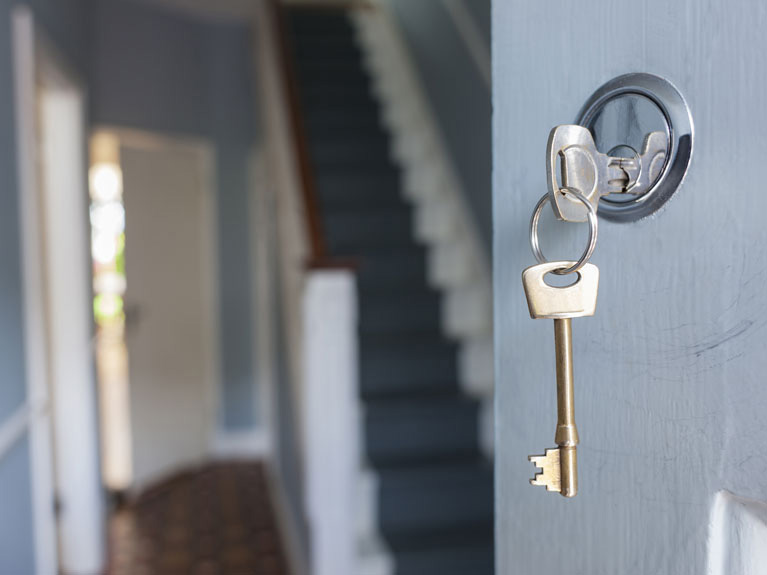Go paper-free
Amend paper-free preferences for your statements and correspondence.
Getting a mortgage with bad credit is possible, but it can be harder. Lenders look at the credit scores and credit history of people who apply. They use this as an indication of how likely you are to make repayments and how well you'll manage your account.
Having ‘bad credit’ means that you have a low credit score. This can be due to missing repayments on loans or credit cards, or not paying bills on time.
You can get a bad credit rating if you have:
If you have a mortgage application declined, it could be best to build your credit score before applying again. This should improve your chances of getting a mortgage, whether you’re a first time buyer, moving house or looking to remortgage.
It will build slowly over time. Most negative items stay on your credit report for around six years. These include CCJs, instances of bankruptcy, missed payments and defaults.
There are a few things you can do now to better your credit score:
Improving your credit score is not a guarantee that you’ll get a mortgage. But it can be a good place to start and increase your chances of acceptance next time.
If you’re not sure whether your credit score is high enough, you can apply for a mortgage Agreement in Principle. A lender will perform a soft credit check to find out your score. This will show on your credit file but it’s not visible to other lenders, so even if you get declined it won’t affect your ability to apply for a mortgage elsewhere.
Some lenders offer mortgages designed for people with bad credit. But these can include higher interest rates and fees.
Getting a mortgage with a bad or low credit score can be harder because it signals to lenders that you may struggle to pay it back. If a lender gives a mortgage to someone who can’t afford it, it’s not good for either party.
Having bad credit does not mean you can’t get a mortgage. There’s a fine line between ‘fair’ and ‘bad’ credit scores and a lender will look at this. They may also look beyond just your credit score to assess your situation. Having a few small issues in your past, such as the odd late payment on your phone contract, shouldn’t stop you from getting a mortgage.
If you do apply for a mortgage with bad credit, the process can take longer than usual. A lender will want to see more evidence of your finances, so they know whether you can make repayments on a mortgage.
In the UK, three main credit reference agencies (CRAs) hold a credit report on you. These are:
The information each one holds, and their scoring method may differ, but they should align in terms of giving you a good or bad credit rating.
If you have never taken out credit or any type of loan, you will not have a credit history. This makes it hard for CRAs to assess you and can lead to a low credit score.

